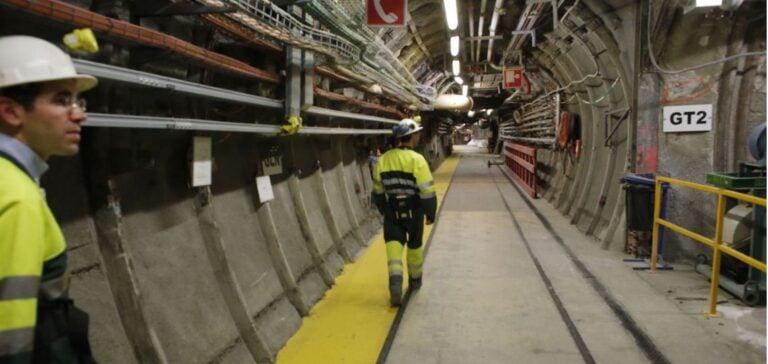Radiant Industries, Inc. a leader in advanced nuclear energy solutions, announces that the U.S. Department of Energy (DOE) has reviewed and approved the Safety Design Strategy (SDS) for the Radiant Kaleidos microreactor. This marks the beginning of a thorough safety review process that every microreactor developer will be required to undertake prior to a nuclear fuel test at the Experimental Microreactor Demonstration Facility (NRIC-DOME) at Idaho National Laboratory (INL).
Towards crucial tests at NRIC-DOME
Testing at the NRIC-DOME will enable Radiant to gather critical data on safety, performanceand waste, in preparation for the future commercial licensing process with the US Nuclear Regulatory Commission (NRC). Radiant is currently working with INL on the next phase of the safety review, focusing on the Conceptual Safety Design Report (CSDR). The aim of the CSDR is to summarize the risk analysis efforts and safety decisions incorporated into the conceptual design, as well as any identified risks associated with the strategies selected.
Market launch planned for 2028
After successful completion of reactor testing at the DOME facility, Radiant plans to deliver a limited number of pre-ordered Kaleidos units as early as 2028, once US NRC licenses have been obtained. “The SDS is the cornerstone of the safety roadmap we’re building towards commercializing a nuclear-fueled reactor within the next few years,” said Radiant CEO Doug Bernauer. “We are grateful to the Idaho DOE for their review and approval as we take this important step, and to INL for their careful support throughout this crucial process.”
An important milestone for NRIC
“The SDS approval is an important step in allowing a microreactor developer to conduct a test in our DOME facility,” said Brad Tomer, NRIC’s Acting Director and COO. “As the National Laboratory for Nuclear Energy Research, we are committed to collaborating with private companies to help develop advanced nuclear technologies that will provide clean energy solutions for the United States.”
As one of three recipients of the U.S. Department of Energy’s Front-End Engineering and Experiment Design (FEEED) grants, Radiant is supported by INL’s NRIC to test a fueled prototype of the Kaleidos microreactor.
With this crucial approval of the safe design strategy, Radiant Industries takes a decisive step towards commercializing its innovative Kaleidos microreactor, offering a zero-emission portable power source for vital applications in remote areas.






















